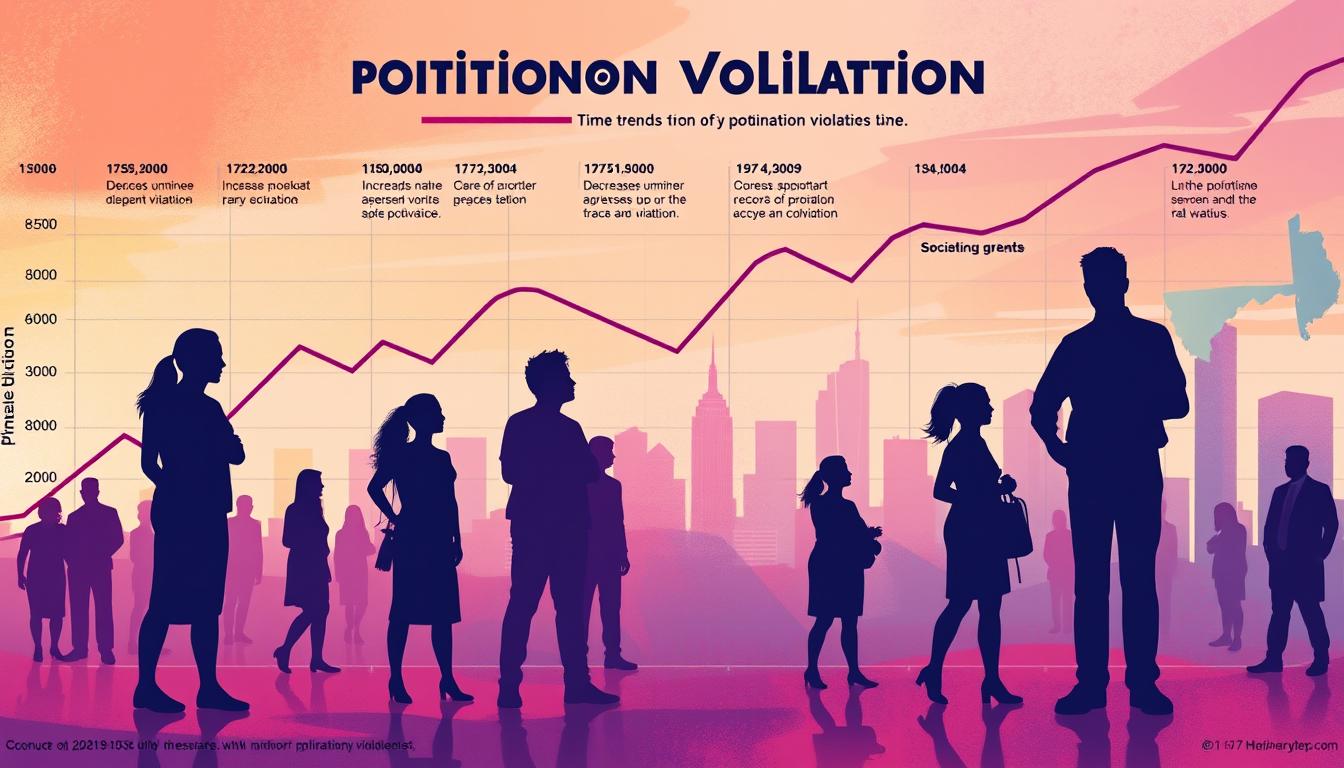The criminal justice system is evolving, and probation violations are a key area of focus. As we move into 2025, understanding the latest legal trends, enforcement policies, and reform efforts is crucial for individuals on probation and those working in the legal system.
This article will provide a deep dive into probation violations, covering common types, legal consequences, state-specific changes, high-profile cases, technological advancements, and reform movements.
Understanding Probation Violations
What Is Probation?
Probation is a court-ordered period of supervision in the community instead of serving time in jail or prison. However, individuals must follow strict rules set by the court. Violating these rules can result in severe penalties, including revocation of probation and incarceration.
Common Types of Probation Violations
Some of the most frequent probation violations include:
🔹 Missing appointments with a probation officer
🔹 Failing drug or alcohol tests
🔹 Committing a new crime while on probation
🔹 Not completing court-mandated programs
🔹 Breaking curfew or travel restrictions
🔹 Failing to maintain employment or education requirements
Consequences of Probation Violations
The penalties for violating probation depend on the severity of the offense, prior compliance, and the specific terms of probation.
| Violation Type | Potential Consequences |
|---|---|
| Failure to Report | Probation revocation, jail time |
| Positive Drug/Alcohol Test | Rehab program, stricter monitoring |
| Committing a New Crime | Additional criminal charges, extended probation |
Recent Changes in Probation Laws (2025)
State-Specific Updates
Several states have introduced new legislation aimed at probation reform:
| State | New Probation Laws (2025) | Impact |
|---|---|---|
| California | Senate Bill 678 focuses on rehabilitation and community-based solutions. | Lower incarceration rates for probation violations. |
| Texas | House Bill 1925 promotes non-custodial sanctions for minor violations. | Fewer probationers sent to jail for technical violations. |
| New York | The “Less Is More” Act reduces incarceration for technical violations. | More opportunities for early probation discharge. |
These changes reflect a nationwide shift towards rehabilitation over punishment, aiming to reduce unnecessary incarceration.
Technology and Probation Monitoring
The use of electronic monitoring devices, GPS tracking, and mobile apps is reshaping probation supervision.
Benefits of Tech-Based Monitoring:
✅ Real-time location tracking of probationers
✅ Reduced in-person check-ins, easing probation officer workload
✅ Mobile check-in apps allowing probationers to request schedule changes
Privacy Concerns & Ethical Issues
❌ Over-surveillance may violate personal rights
❌ Data breaches can expose sensitive information
Lawmakers are working on data protection policies to balance security with personal privacy rights.
High-Profile Cases and Their Impact on Probation Laws
Celebrity probation violations often influence legal policies.
| Celebrity | Probation Violation | Legal Impact |
|---|---|---|
| Lindsay Lohan | Missed court-ordered rehab | Raised concerns about leniency for celebrities |
| Chris Brown | Failed to complete community service | Increased public scrutiny of celebrity probation cases |
| Lil Wayne | Caught with firearms while on probation | Highlighted issues with high-profile probation monitoring |
These cases showcase how probation enforcement can vary based on media attention, legal representation, and public pressure.
Legal Rights & Defense Strategies for Probation Violations
If accused of a probation violation, you have legal rights, including:
🔹 Right to a hearing before a judge
🔹 Right to legal representation
🔹 Right to present evidence in your defense
Defense Strategies:
✔ Challenging the validity of the violation
✔ Arguing mitigating circumstances (e.g., medical emergency)
✔ Requesting alternative sentencing (e.g., rehab instead of jail)
Conclusion: The Future of Probation Violations
The probation system is undergoing major changes, with an emphasis on rehabilitation, legal fairness, and technological oversight. As 2024 progresses, staying informed about legal updates, defense rights, and reform initiatives will be critical for both probationers and legal professionals.
